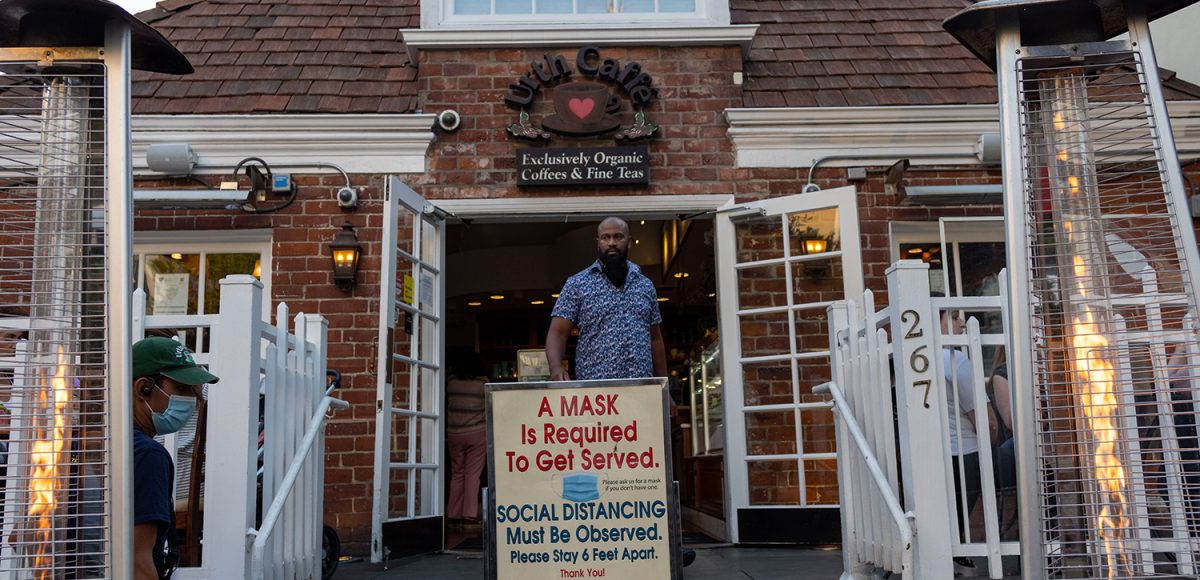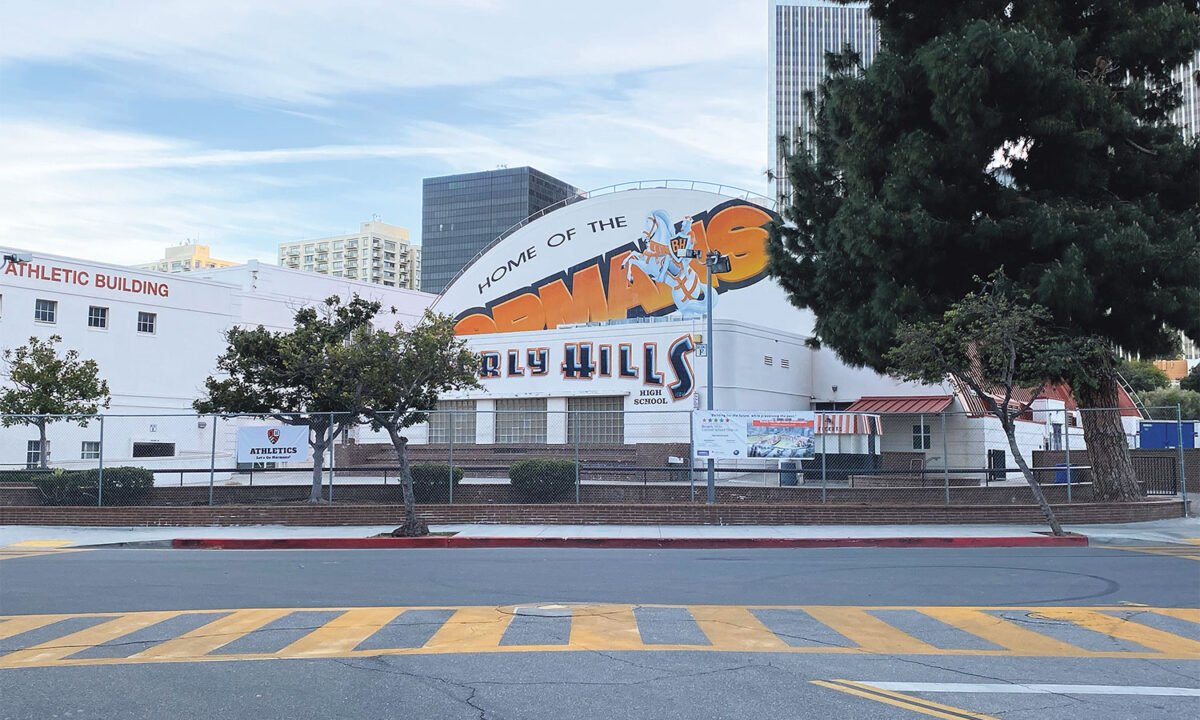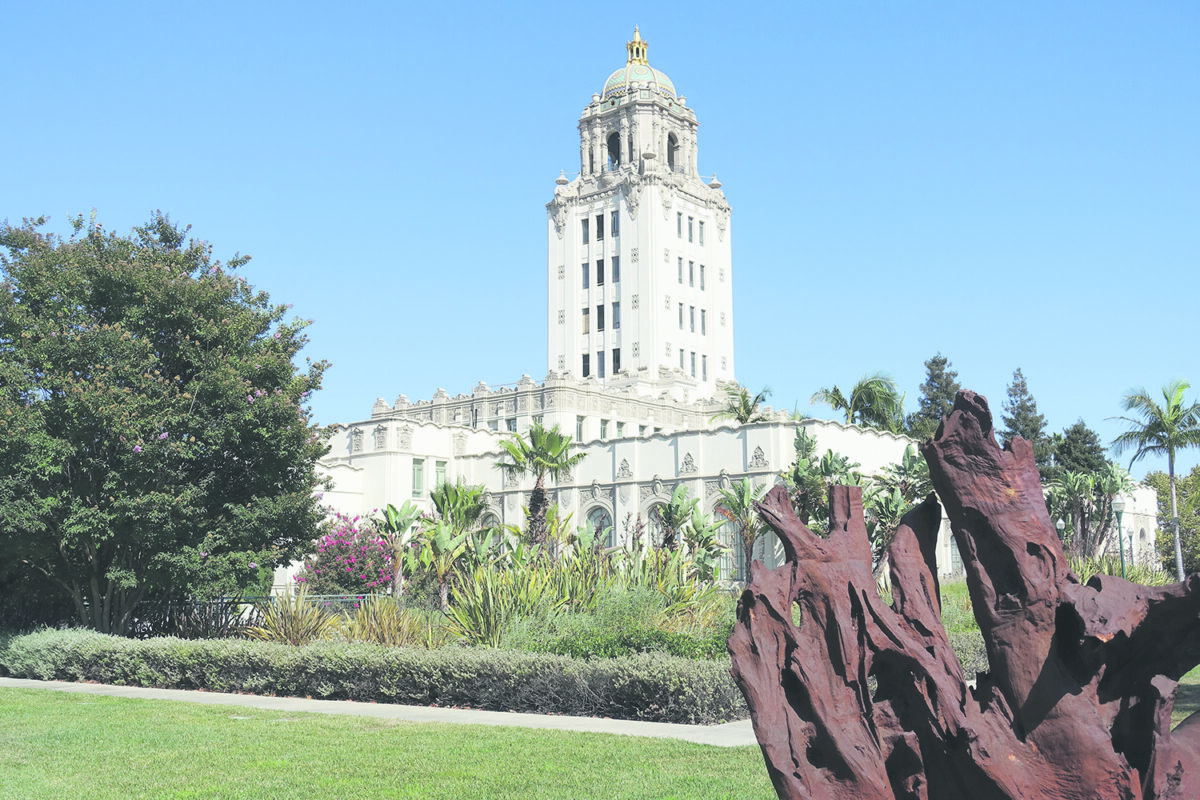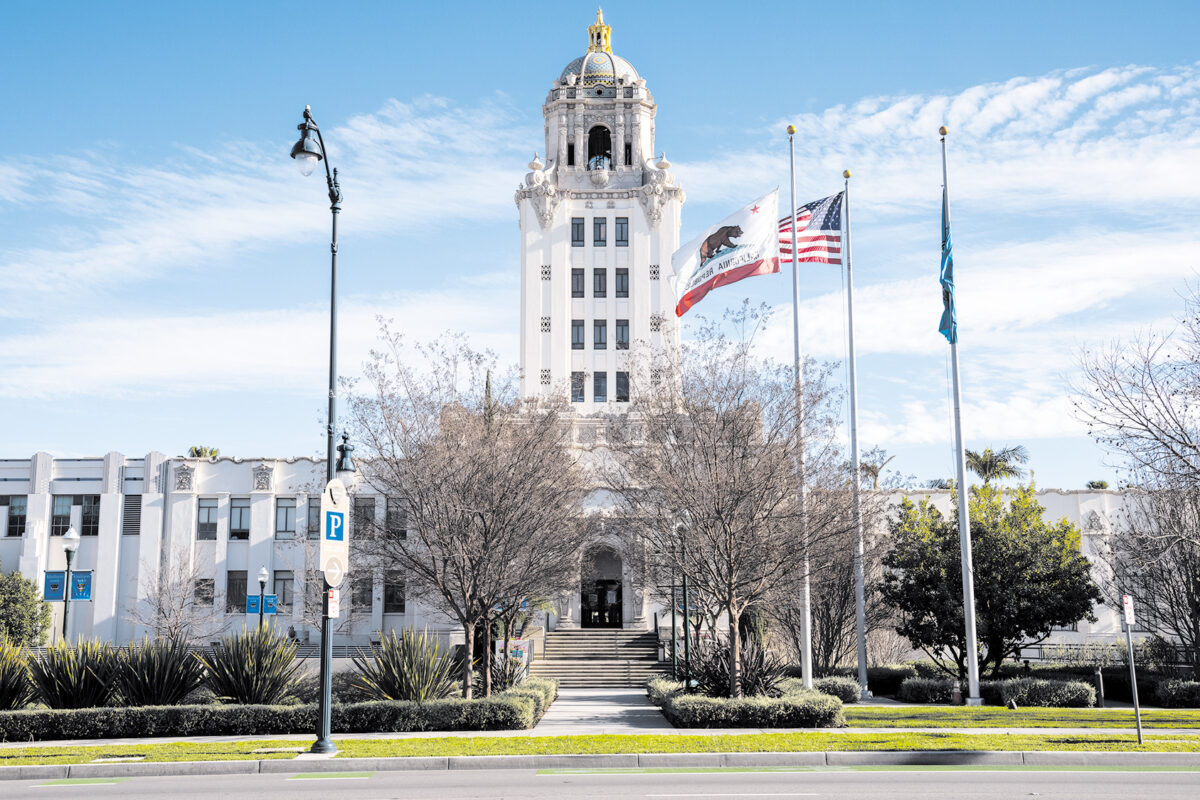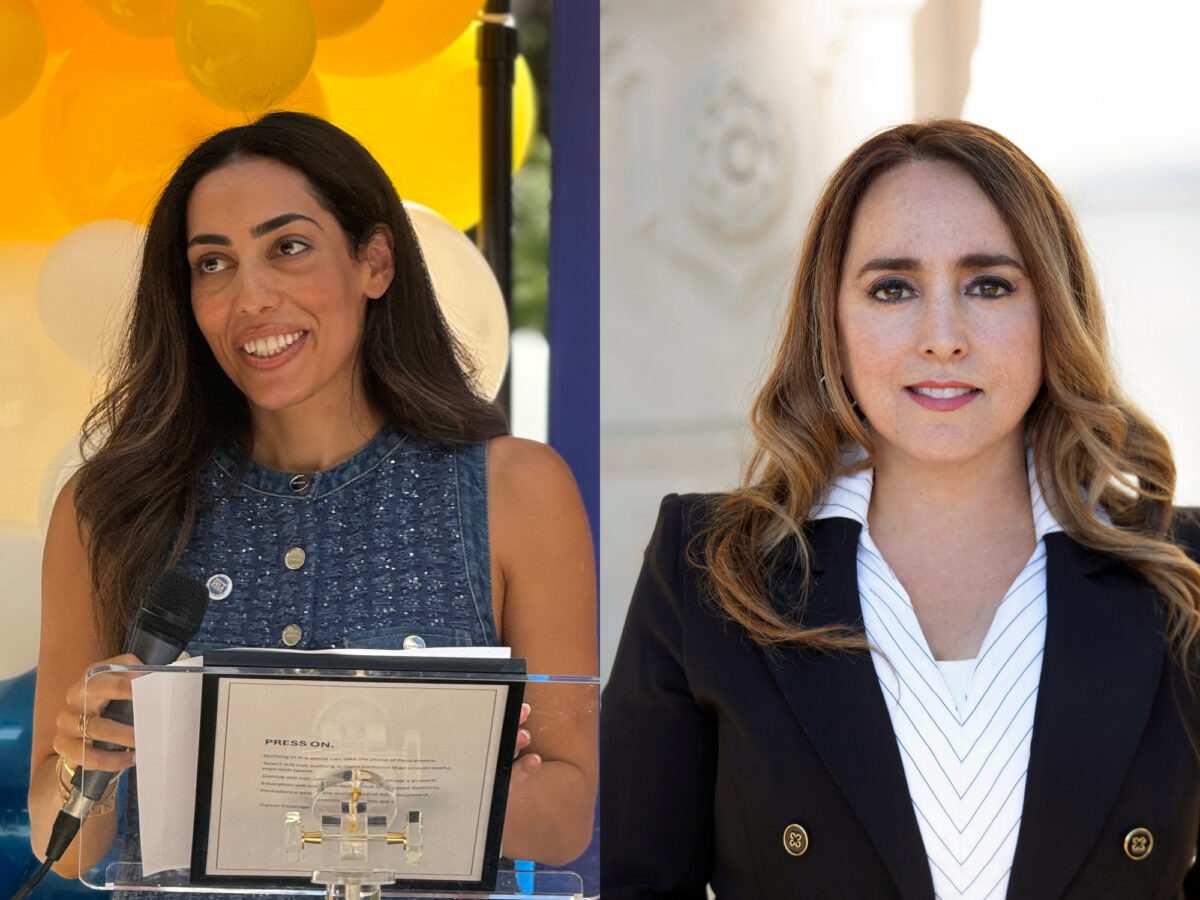Rising COVID-19 cases have sent both the public and private sectors scrambling for ways to preserve hard-won openness while protecting the public. In an effort to protect staff and patrons, restaurants around Los Angeles and Beverly Hills have started requiring proof of vaccination. This comes after New York City announced the strictest requirements so far, mandating proof of vaccination for gyms, performances, and indoor dining. On Aug. 4, the Los Angeles City Council introduced a motion to consider an even stricter measure.
Beverly Hills has yet to consider any vaccination requirements for either private businesses or public facilities and employees, but Mayor Robert Wunderlich told the Courier that the City Council would have to consider all its options. “With the trajectory of COVID of vaccinations, with the continued emergence of the Delta variant, I wouldn’t be surprised if it comes back before the City Council for us again to have to discuss what requirements we want to put into effect in the city,” he said.
For a few months following the devastating winter surge, it seemed that Los Angeles County was on track to beat the virus. While the vaccine rollout was not without its problems, the high enthusiasm, long lines, and occasional chicanery for the medical breakthrough was promising. Even as the county and the nation resolved vaccine supply issues, interest seemed to wane. Lines shrank, mega vaccination sites closed, and doses went unused.
The latest surge of the Delta variant marks the fourth wave of COVID-19 infections in the United States. Case counts and hospitalizations in L.A. remain far below the winter deluge, which inundated hospitals and killed thousands, but have nonetheless seen worrying gains in the last two months. In that period of time, L.A. County has seen an 18-fold increase in coronavirus cases and a five-fold increase in hospitalizations. Unvaccinated people have driven both trends.
Beverly Hills experienced a particularly intense form of whiplash with this latest wave. The City Council planned to repeal parts of its COVID-19 urgency ordinance at its first in-person meeting in almost a year and a half on July 15. The meeting came the same day Los Angeles County reinstituted an indoor mask mandate and the City Council scrapped plans to repeal the ordinance and returned to virtual hearings.
Private businesses have responded to the surge with increased safety measures of their own, requiring proof of vaccination or a negative COVID-19 test. Already, dozens of restaurants and bars across the county have announced these sorts of requirements, including some in Beverly Hills. While the industry has been forced to pivot several times to align with Public Health orders since the onset of the COVID-19 pandemic, now, the mandates are coming from the businesses.
“For the time being, all we require from our staff is a negative COVID test result if they have a fever or show any other Covid like symptoms,” Giuseppe Mollica, the general manager at Via Alloro, told the Courier. “Should the local officials require a mandatory vaccination for all staff, then we will comply. We are not asking our customers (yet), but again should something change, we’ll comply. Understandably there is some concern among our customers, as well as our staff, and we will address it as necessary. We are taking all possible precautions to protect and prevent any outbreak.”
“We require the workers, but not the customers,” Vartan Kemanjian, the manager of Euro Caffe on Canon Drive, told the Courier. “LA County Health Department, they tell us what to do. They haven’t told us that the customers need to be vaccinated, but our employees, yes, of course.”
Popular eateries such as Croft Alley and Urth Cafe will soon be implementing vaccine mandates of their own.
“This is something that has to be discussed,” the manager at Il Pastaio, Nina Chua, told the Courier. “No further comment.”
The surge has prompted an about-face by cities, states, and federal agencies, all of which had gleefully begun the process of reopening in the spring. The Center for Disease Control and Prevention (CDC) partially revised its recommendation on face masks on July 27, advising that everyone should wear one inside regardless of vaccination status in areas with “substantial” or “high” transmission rates. Even before that, L.A. County mandated indoor masking for everyone starting July 18.
On Aug. 4, Los Angeles City Councilmembers Nury Martinez and Mitch O’Farrell introduced a motion to consider requiring proof of vaccination against COVID-19 “to enter indoor spaces, including but not limited to, restaurants, bars, retail establishments, fitness centers, spas, and entertainment centers such as stadiums, concert venues, and movie theaters.” Later the same day, Los Angeles County Board of Supervisors Chair Hilda Solis issued an executive order requiring the county’s 110,000 employees to provide proof of vaccination by Oct. 1.
Health experts in the city are also putting pressure on the private sector. Dr. Lee Hilborne, Professor of Pathology and Laboratory Medicine at UCLA’s David Geffen School of Medicine, and a member of the Beverly Hills Health and Safety Commission, urged the city to take robust action. “It seems it’s time for cities (counties and states) to consider requiring proof of vaccination to enter publicly accessible indoor spaces. At least as a community, we should launch this discussion and potentially follow the lead of other prominent cities that have made this informed public health decision,” he told the Courier.
While Beverly Hills boasts one of the highest rates of vaccination in the county (78 percent of those 16 years and older have received at least one dose, compared to 71 percent county-wide), its population may be at higher risk for hospitalization from the Delta variant compared to other areas. A report by data science company, Cogitativo, lists Beverly Hills among the top 10 cities in LA County at the greatest risk for increased hospitalization.
According to CEO Gary Velasquez, Cogitativo built machine learning models that combined COVID-19 infection and vaccination data with anonymized health records from California health insurers to determine which zip codes had the greatest risk for COVID-19 infections resulting in hospitalization. The model specifically broke down risk into 20 clinical conditions including hypertension, obesity, and diabetes. Having any of these clinical conditions increases someone’s chance of hospitalization if they develop COVID-19, Velasquez said.
For the most part, the results confirmed what health officials already knew–that majority-minority communities like Inglewood and Palmdale face higher risk than majority white areas. But the report also listed Beverly Hills, an affluent, majority-white city with high vaccination rates.
Velasquez attributed this to the relative seniority of Beverly Hills’ residents. According to the most recent census data available, 21 percent of Beverly Hills residents are 65 years or older. This, compared to Los Angeles, in which only 12 percent of residents are over the age of 65.
“Unfortunately, as you get older, part of aging is you have these clinical conditions,” Velasquez told the Courier.
The Courier will continue to update this story as it develops.
Additional reporting by Bianca Heyward and Michael Wittner



